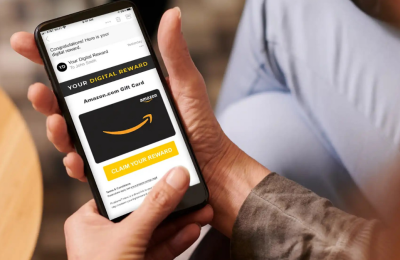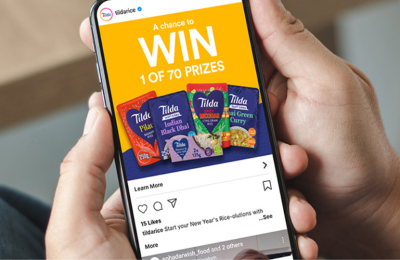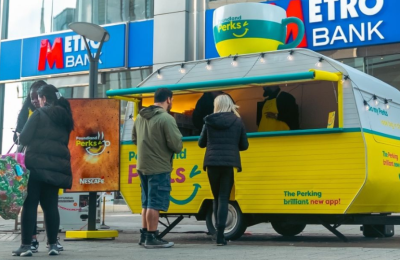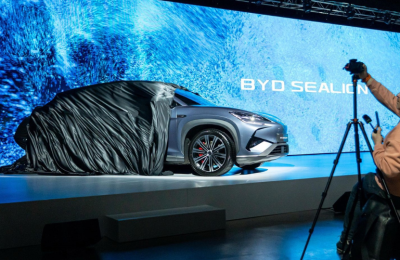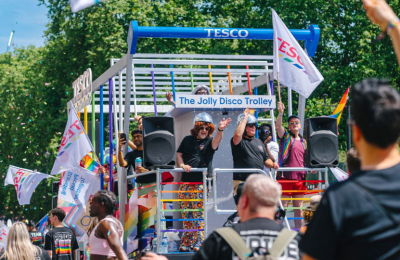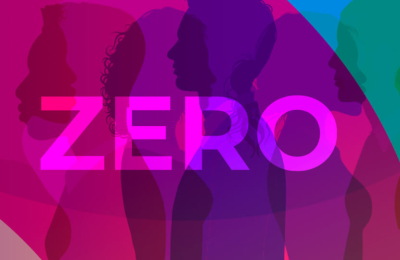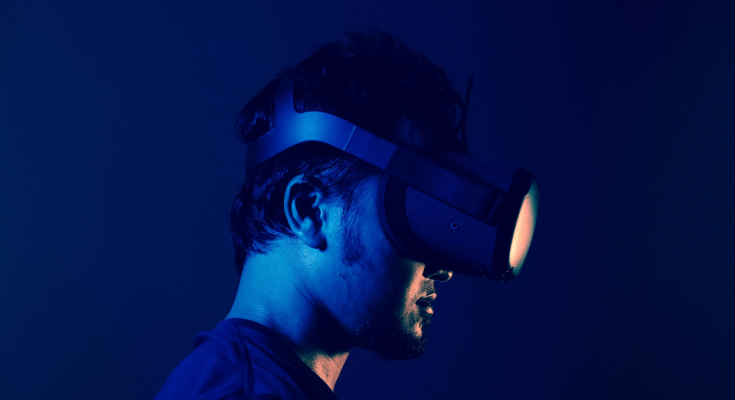The current climate has undoubtedly forced us all to make changes not only in the way we work but in the manner of the work that we do. From experiences to brand loyalty and engagement, the rule book is, temporarily perhaps, being rewritten.
Recently, Amazon Prime announced they would be hosting a virtual escape room inspired by its supernatural comedy series Truth Seekers. During the 45-minute challenge, players will encounter characters from the show who will ask them to help restore a 6G signal at a museum in Weymouth and recover the artefact causing the disruption.
A terrific example of a brand pivoting to meet the constraints set up it, but is this the way it will always be? The Incentive, Prize & Loyalty Community at the IPM dare to think otherwise, because of a single human characteristic, emotion.
Pre COVID, Deloitte Digital wrote about exploring the value of emotion-driven engagement.
Emotional responses are paramount to almost everything that lies between the beginning and end of a consumer’s relationship with a brand and ‘promotions’ are arguably the most efficient way to develop that engagement. And yet, beyond marketing, very few organizations are adequately thinking about their customers’ feelings, or more importantly, acting upon how and when emotions impact connection and loyalty to a brand.
Tim Greulich and Jennifer Buchanan who wrote the White Paper explained that ‘When consumers describe the kind of relationship they want to have with brands, it sounds a lot like a good old-fashioned friendship.’ And this kind of friendship, The IPL Community argue can most effectively be forged through physical, intelligent engagement, and by intelligent we mean relevant and valuable experiences.
Sophie Chambers, Chair of The IPL Community colours this thinking by explaining ‘We found in the short term that promoters were keen to harness the power of virtual rewards as they helped soften lockdown and kept contact with consumers who were facing a challenging time. However, as time has passed, the landscape has changed and it feels that for some audiences a “virtual” burn out is occurring and these incentive types aren’t quite as attractive. We are seeing the consumer market seems to be keen to get back on track, where possible, with real activities and aspirational rewards.’
Greulich and Buchanan explain that emotional data is key to building reliable, meaningful, loyal relationships with customers that stand the test of time. And the IPL Community argues that the truest of emotional data is harvested from meaningful and contextually appropriate experiences.
So, whilst we applaud and learn from the way in which brands are pivoting to navigate the current restrictions on engaging consumers, we can also prepare for when the waters are calmer and experiences in real life return to our shores.


